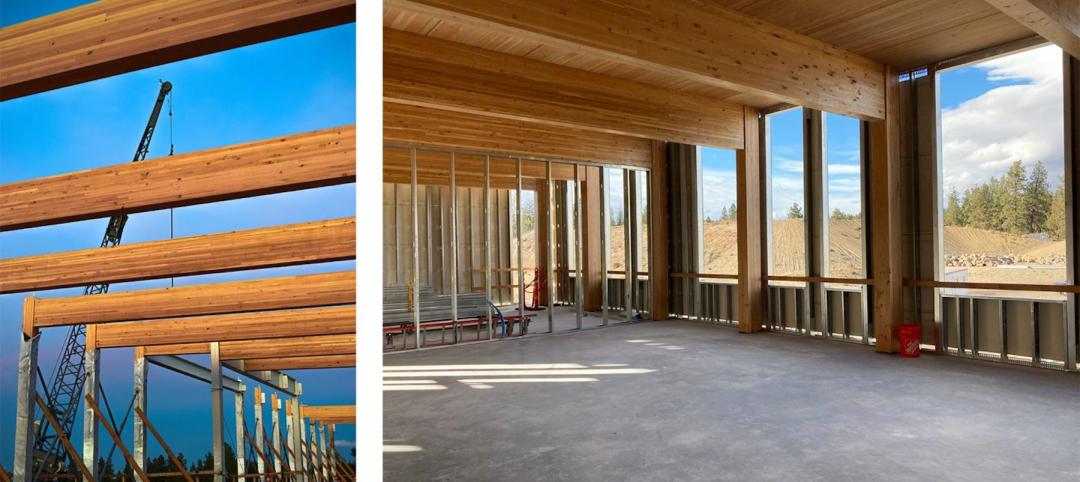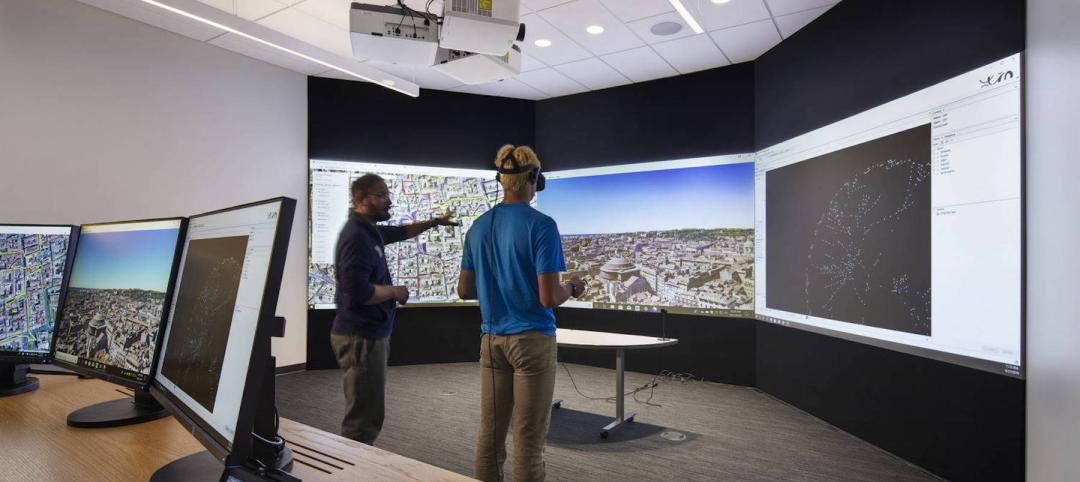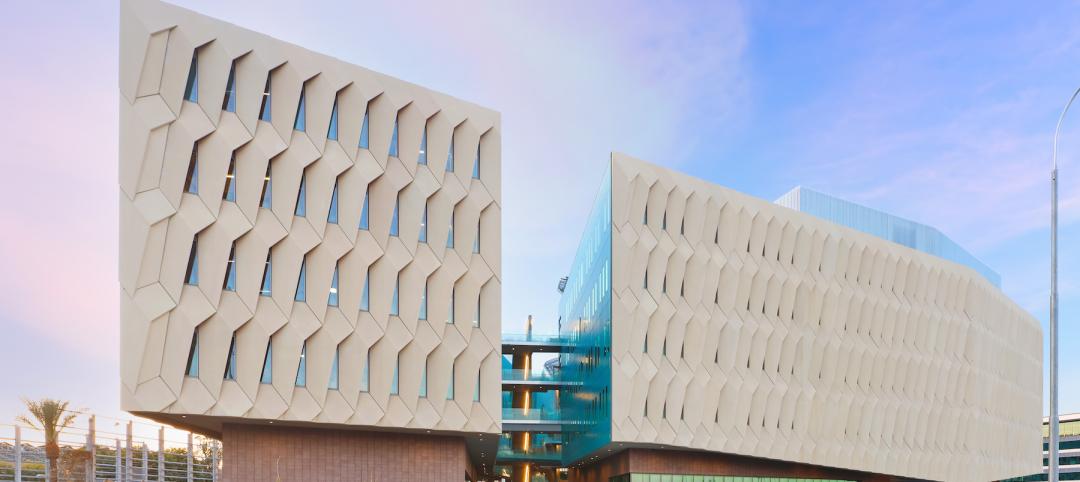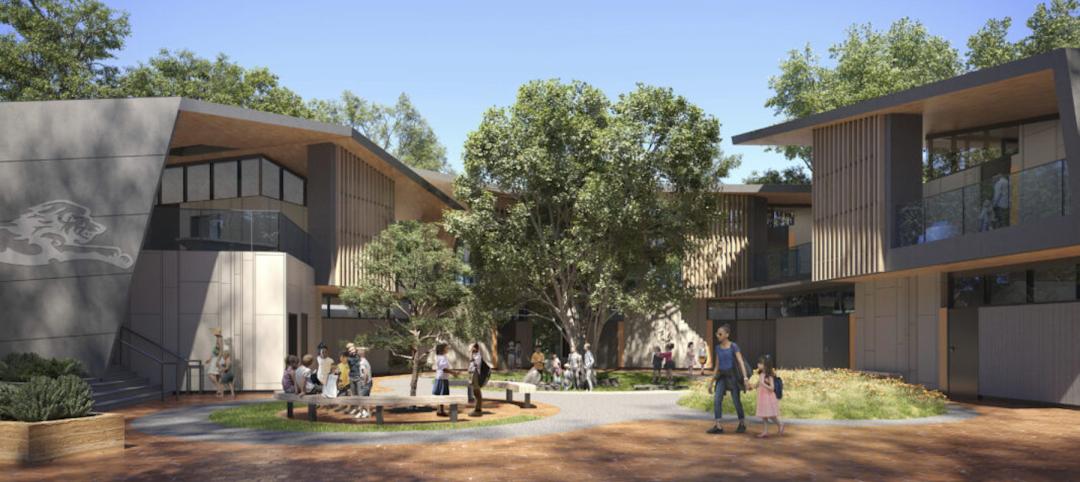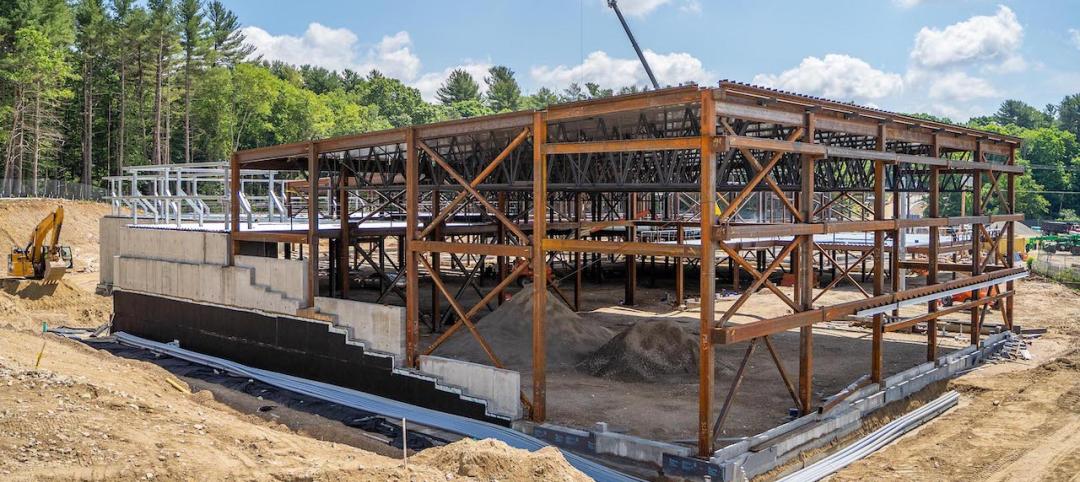The U.S. Green Building Council (USGBC) is pleased to announce New York and San Francisco as the recipients of the World Green Building Council's Government Leadership Awards for Excellence in City Policy for Green Building. Announced today at the United Nations Climate Change Conference in Durban, South Africa, the awards acknowledge international best practice in city-level government policy for green building initiatives and recognize green buildings as an important means to reduce carbon emissions.
Winners were chosen by an expert panel of judges comprised of ICLEI International, UN HABITAT and the WorldGBC.
"Buildings are responsible for approximately one-third of global carbon emissions and 40 percent of global energy usage, so the need for exemplary green building policies in the United States and throughout the world is great," said Rick Fedrizzi, president, CEO and founding chair, USGBC, and chair-elect of the World Green Building Council. "New York and San Francisco are strong models for green building policy. The United States continues to be at the forefront of the green building movement thanks in part to these shining examples of leadership."
San Francisco was honored with the Best Green Building Policy award for the San Francisco Green Building Ordinance, which requires all new commercial, residential and municipal construction to be built to the LEED green building program, and existing buildings to publicly disclose energy labels, undergo periodic energy audits and mandatory water efficiency retrofits at the time of sale. The impacts of building labeling and auditing alone are expected to reduce carbon dioxide emissions by 105,000 tons and have a 10-year net present value of approximately $1 billion. The city has also created financing options to assist the private sector in meeting its efficiency targets.
"San Francisco's innovative and comprehensive green building policies are lasting investments in the environmental and economic future of our great city," said Mayor Ed Lee. "The Green Building Ordinance employs San Francisco's design talent, as well as technological and business innovations, to ensure that we meet the market demands of the 21st century, protect the environment, and support the health and well being of our residents. Thank you to the many City staff, particularly at the Department of Building Inspection, Department of the Environment and the SF Public Utilities Commission, for their commitment to a sustainable city. I also wish to extend my appreciation to the local building industry professionals who design, construct and manage the green buildings for which we are receiving this award."
New York City received the Industry Transformation award for its Greener, Greater Buildings Plan, a component of the broader PLANYC policy that requires large commercial buildings to publicly display annual energy and water benchmarks and undergo cost-effective lighting and efficiency upgrades. The plan is expected to reduce the city's carbon dioxide emissions by 5.3 percent below 2009 levels, reduce citywide energy costs by $700 million annually by 2030 and create roughly 17,800 construction-related jobs over 10 years.
"We are honored to receive the Industry Transformation Award and also recognize the numerous private-public partnerships that made the plan's passage possible," said David Bragdon, director, New York City Mayor's Office of Long-Term Planning and Sustainability. "The Greener, Greater Buildings Plan will transform the industry because it is the first policy of its kind to aggressively target energy efficiency in large, existing buildings. We hope that this plan can be a model for other cities to follow because of the substantial environmental, economical, and social impacts that are possible on a large scale."
Other award recipients include Mexico City, Mexico; Birmingham, UK; Singapore; and Tokyo, Japan.
"Buildings represent unparalleled potential to reduce greenhouse gas emissions, and cities play a critical role in seizing this opportunity," said Jane Henley, CEO of the WorldGBC. "The Government Leadership Award entries demonstrate that all around the globe cities are implementing policies that are meeting immediate budget priorities while still addressing longer term emissions reduction goals. These cities are focusing on energy efficiency in the built environment to deliver a range of benefits, including operational savings, energy security, health and well-being to building occupants, and provide a much needed boost to the economy. We are pleased to recognize a select few for their drive and innovation." BD+C
Related Stories
| Aug 8, 2022
Mass timber and net zero design for higher education and lab buildings
When sourced from sustainably managed forests, the use of wood as a replacement for concrete and steel on larger scale construction projects has myriad economic and environmental benefits that have been thoroughly outlined in everything from academic journals to the pages of Newsweek.
AEC Tech | Aug 8, 2022
The technology balancing act
As our world reopens from COVID isolation, we are entering back into undefined territory – a form of hybrid existence.
Legislation | Aug 5, 2022
D.C. City Council moves to require net-zero construction by 2026
The Washington, D.C. City Council unanimously passed legislation that would require all new buildings and substantial renovations in D.C. to be net-zero construction by 2026.
Cultural Facilities | Aug 5, 2022
A time and a place: Telling American stories through architecture
As the United States enters the year 2026, it will commence celebrating a cycle of Sestercentennials, or 250th anniversaries, of historic and cultural events across the land.
Sponsored | | Aug 4, 2022
Brighter vistas: Next-gen tools drive sustainability toward net zero line
New technologies, innovations, and tools are opening doors for building teams interested in better and more socially responsible design.
| Aug 4, 2022
Newer materials for green, resilient building complicate insurance underwriting
Insurers can’t look to years of testing on emerging technology to assess risk.
Sustainability | Aug 4, 2022
To reduce disease and fight climate change, design buildings that breathe
Healthy air quality in buildings improves cognitive function and combats the spread of disease, but its implications for carbon reduction are perhaps the most important benefit.
Multifamily Housing | Aug 4, 2022
Faculty housing: A powerful recruitment tool for universities
Recruitment is a growing issue for employers located in areas with a diminishing inventory of affordable housing.
Multifamily Housing | Aug 3, 2022
7 tips for designing fitness studios in multifamily housing developments
Cortland’s Karl Smith, aka “Dr Fitness,” offers advice on how to design and operate new and renovated gyms in apartment communities.
Building Materials | Aug 3, 2022
Shawmut CEO Les Hiscoe on coping with a shaky supply chain in construction
BD+C's John Caulfield interviews Les Hiscoe, CEO of Shawmut Design and Construction, about how his firm keeps projects on schedule and budget in the face of shortages, delays, and price volatility.



